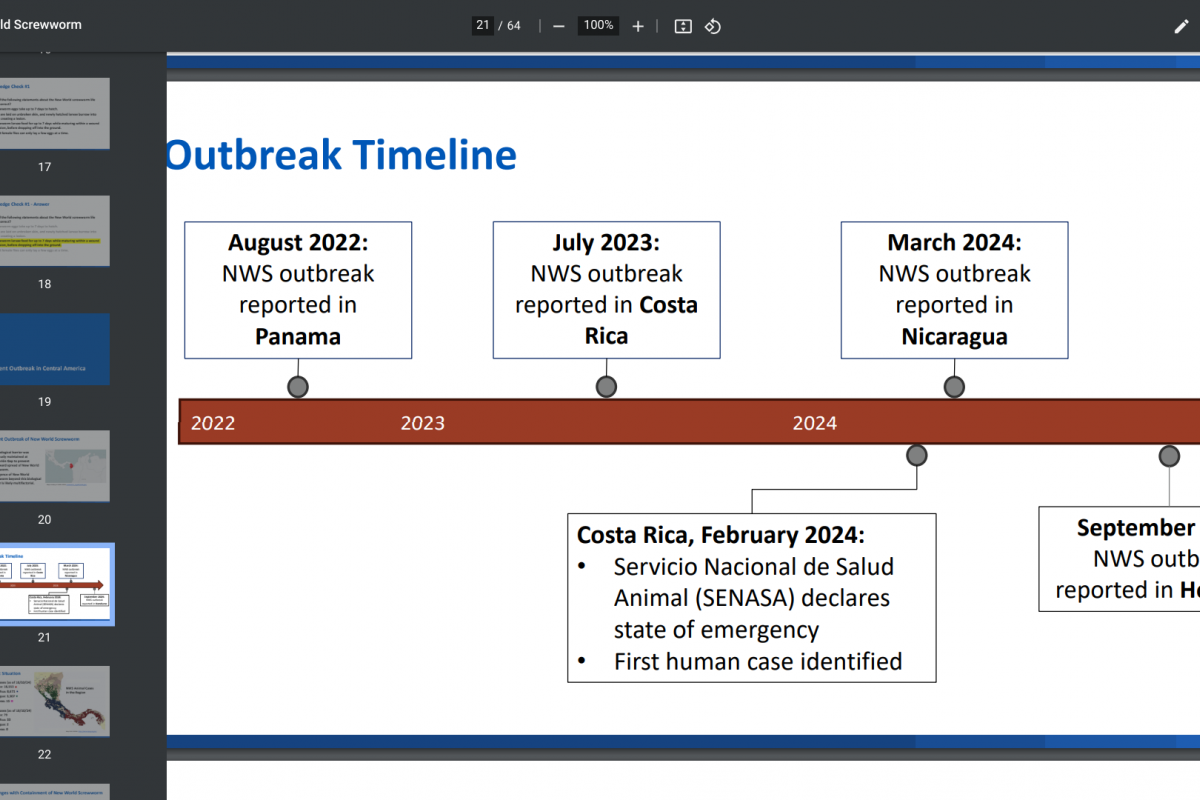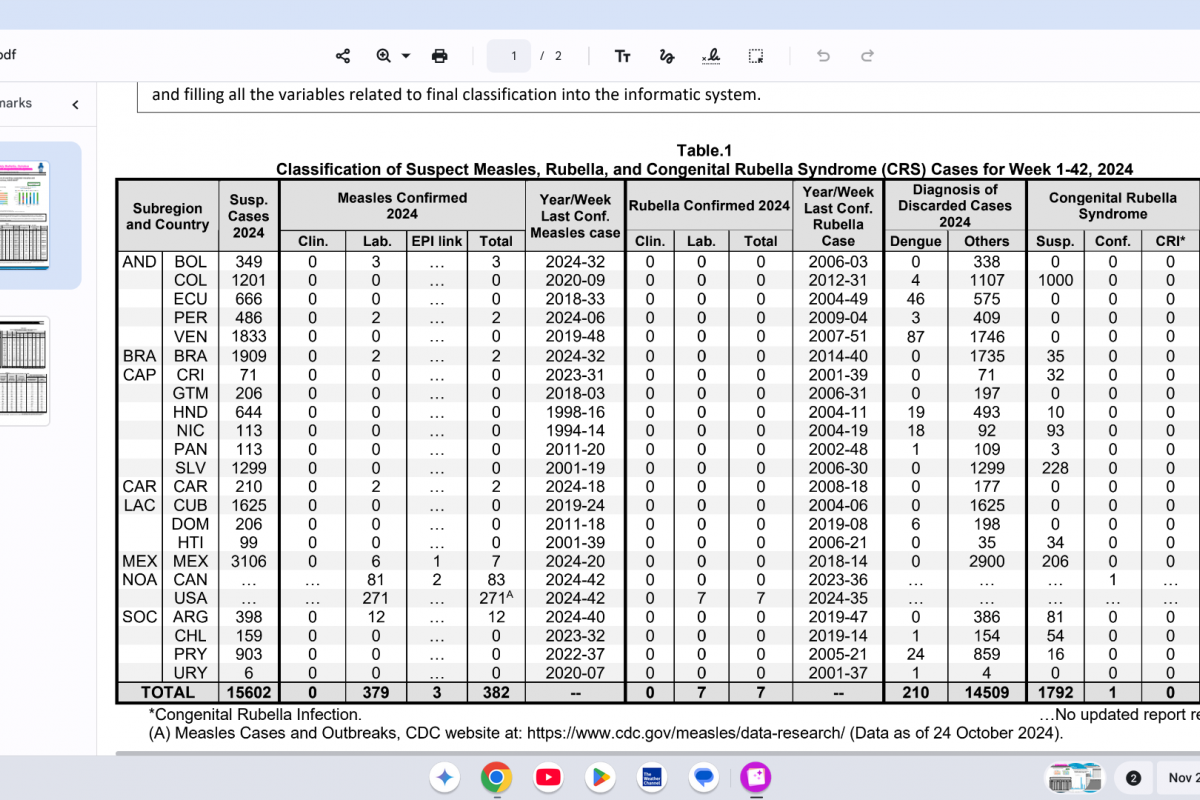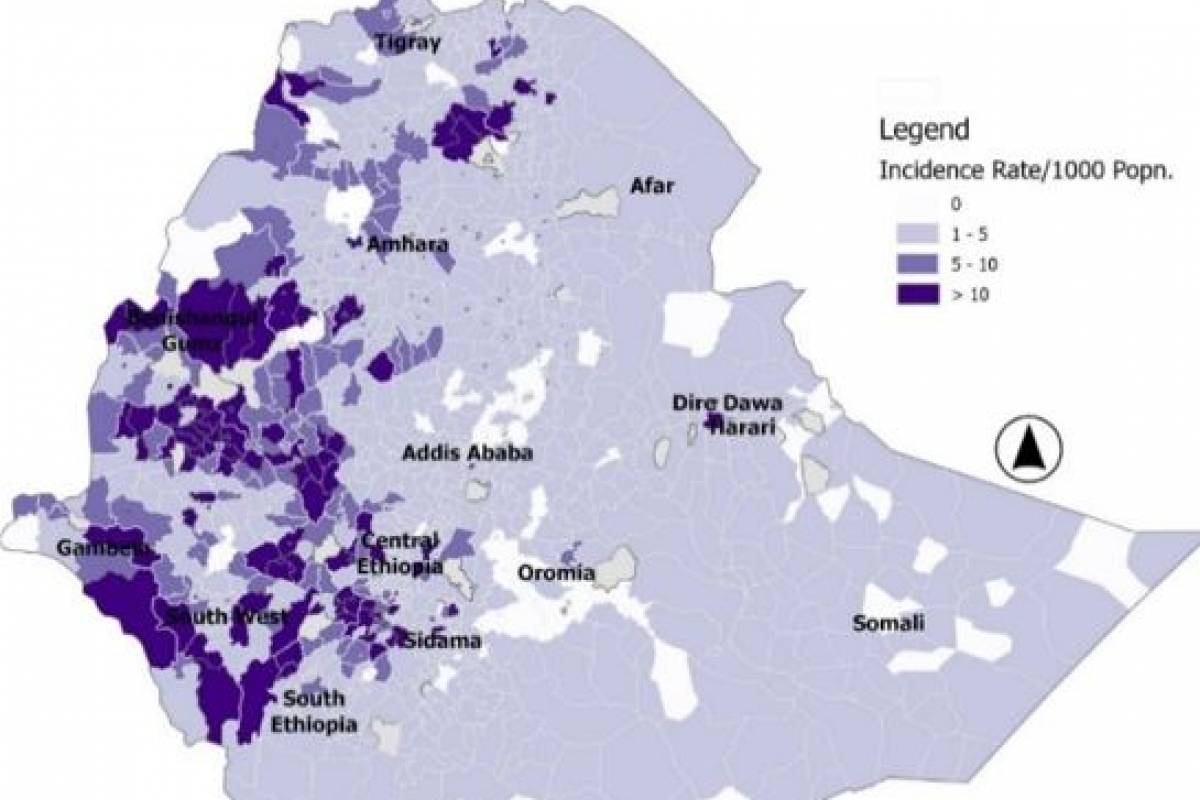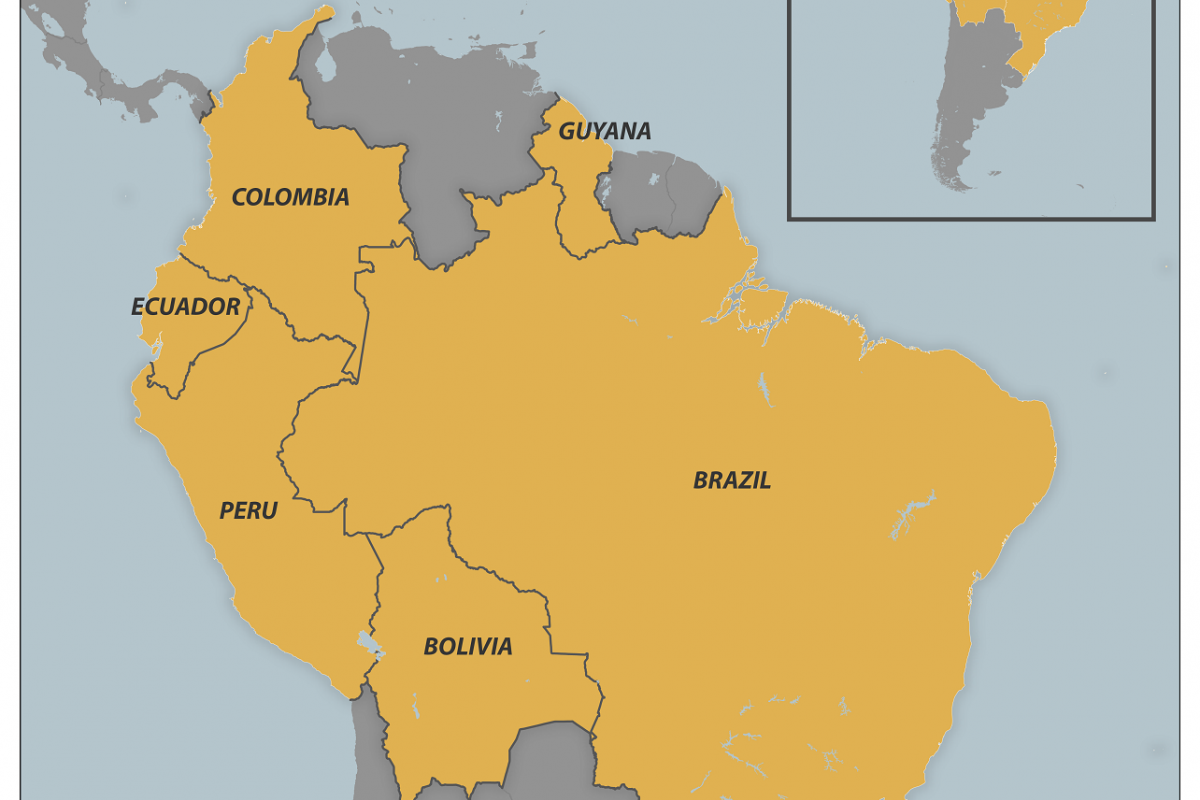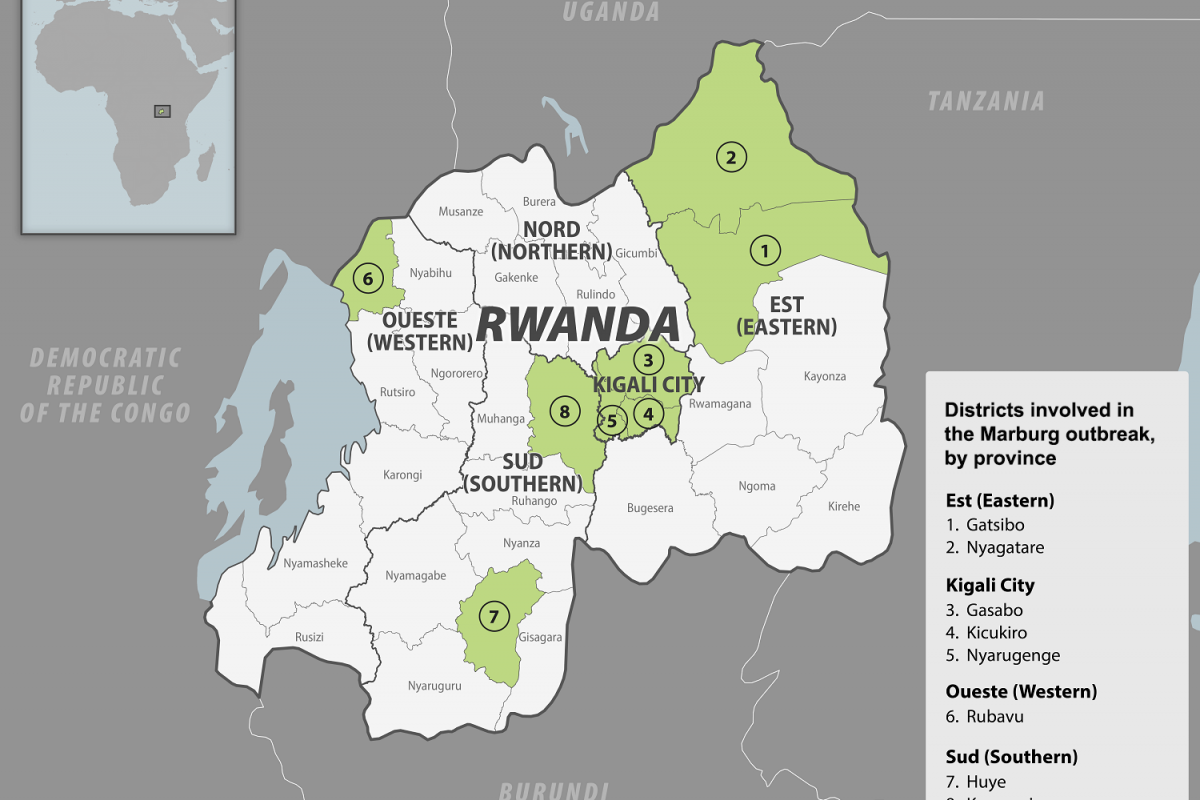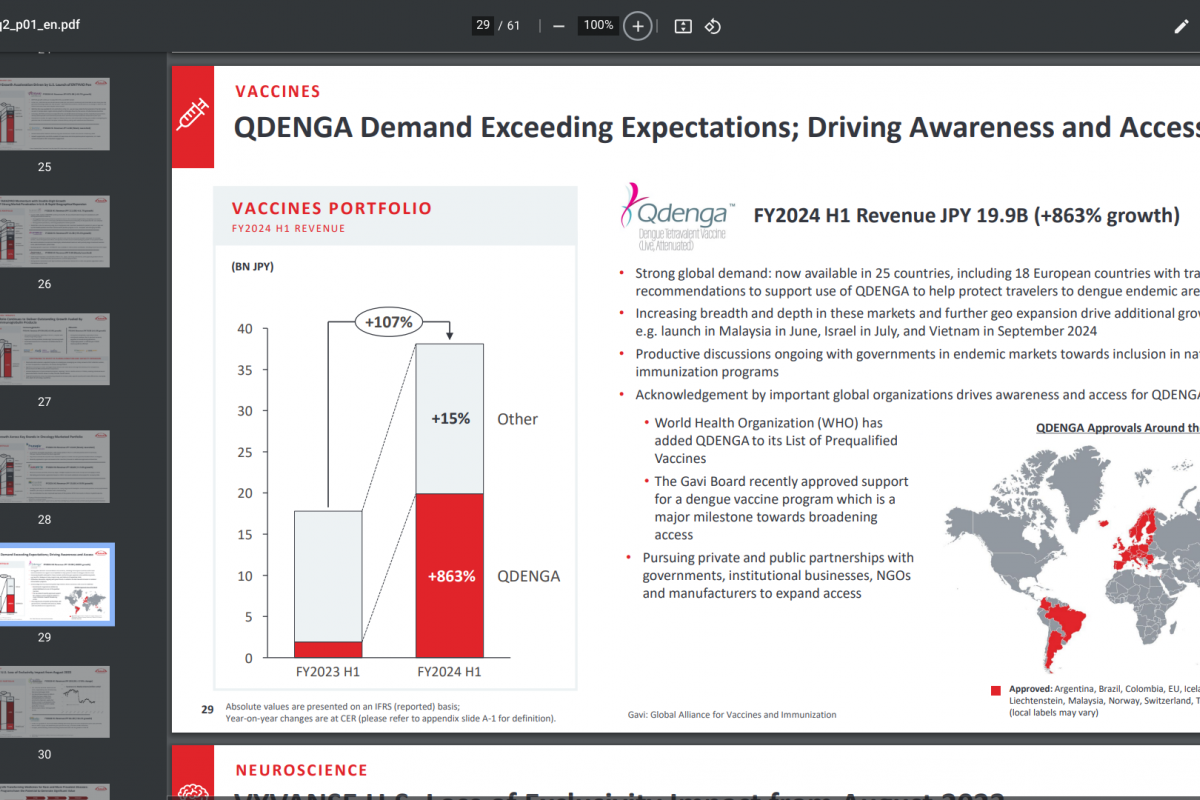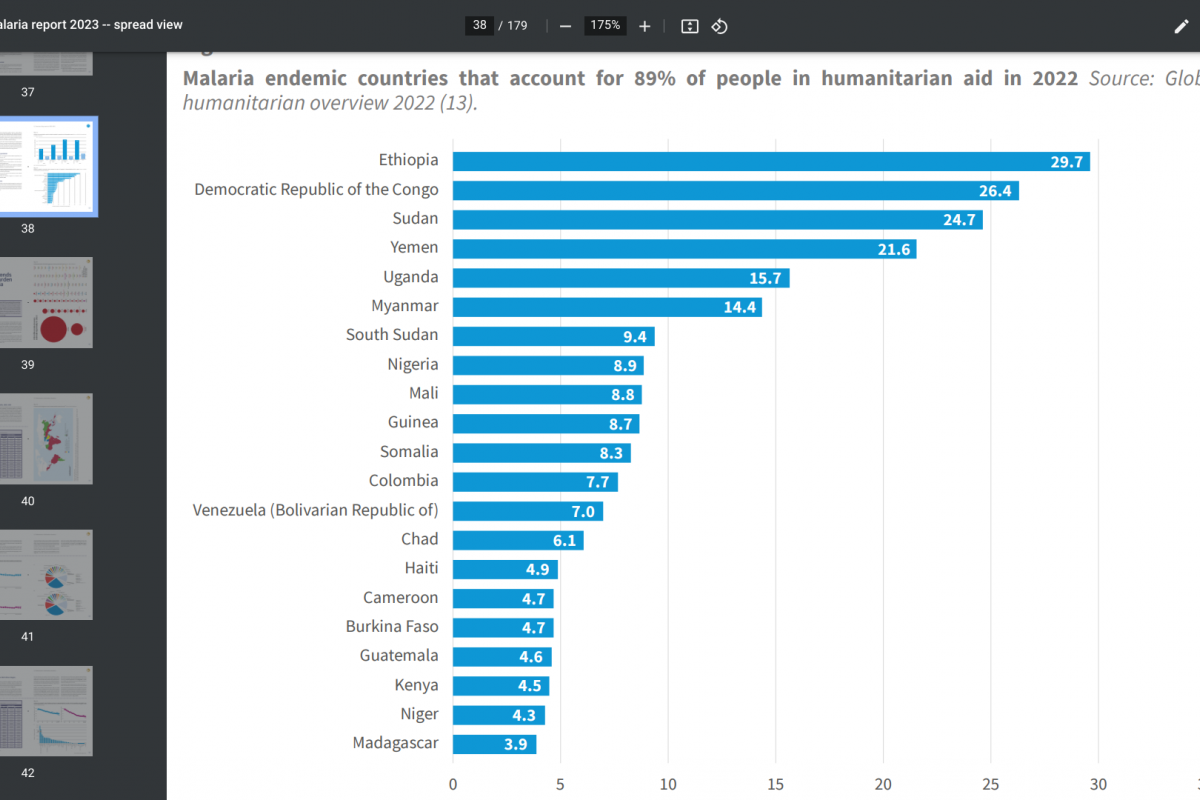The U.K. Health Security Agency (UKSHA) announced today that two cases of Clade Ib mpox are currently under specialist care at Guy's and St Thomas' NHS Foundation Trust in London, England.
These are household contacts of the first mpox case reported last week.
As of November 4, 2024, this news brings the total number of confirmed mpox cases to three in London. These mpox cases are unrelated to the May 2022 Clade II outbreak.
In a press release, Professor Susan Hopkins, Chief Medical Adviser at UKHSA, said, "Mpox is very infectious in households with close contact, so it is not unexpected to see further cases within the same household."
"The overall risk to the U.K. population remains low. We are working with partners to ensure all contacts of the cases are identified and contacted to reduce the risk of further spread."
All contacts will be offered testing and vaccination as needed and advised on any necessary further care if they have symptoms or test positive.
In the U.K., the Bavarian Nordic A/S IMVAMUNE® (JYNNEOS®, MVA-BN®) mpox / smallpox vaccine is available in 2024.


